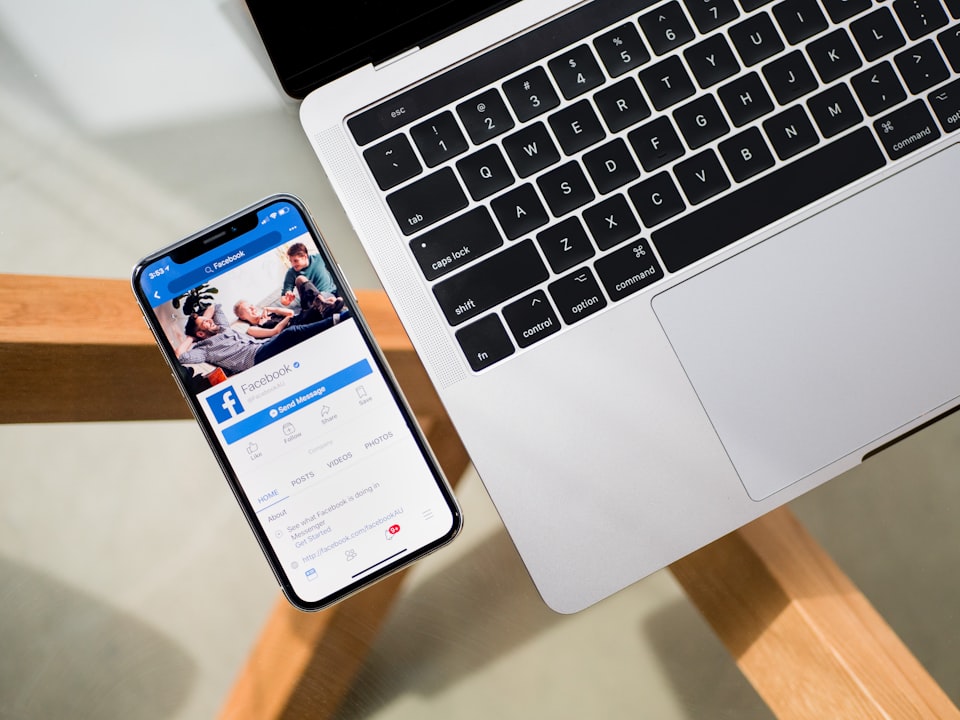Facebook’s whingey ad-tracking response

A week ago Apple upgraded its iPhone operating system. One key new feature of iOS 14.5 enraged online advertisers. It allows users to decide whether apps can track them across different sites.
Facebook’s response was to use its apps to tell users ad-tracking helps keep the service free of charge. 1 The warning appears on both the Facebook and Instagram apps.
Remember, Apple users can choose to let Facebook continue tracking. Keep in mind also that, for now, there is no similar feature on Android phones.
The implication is that without intrusive surveillance, Facebook can no longer feed you cat pictures.
Let’s stop right there
For decades before Facebook came along media companies such as newspapers, radio and TV channels managed to maintain teams of skilled journalists and talented broadcasters to keep you informed.
Like Facebook they did that by selling advertising. They had a rough idea who the audience was, in part because old media covered well-defined geographic areas. But they rarely knew much about the target audience.
Facebook has unprecedented global scale. It still knows where its audience is. Thanks to digital technology it has better location information than old media ever had.
It can piece together a lot of other information from clues its users disclose on the Facebook site. The internal Facebook data is often good enough to know if someone is about to become a parent or is in the market for a new car.
Ad-tracking means a better picture of you
By tracking a user over the rest of the online world it can get an ever more accurate picture of each individual user.
The information must be valuable to Facebook. It’s squealing and whinging tells you Apple rattled Facebook. Yet, from Facebook’s point of view there is less at stake than you might imagine.
Apple might account for close to half of US phone users, but worldwide less than one person in five uses an iPhone. And not all will use the privacy feature. (That comment didn’t age well). Facebook stands to lose extra tracking information from, at a rough guess, one user in ten.
It won’t lose all the information it gathers. It can continue to capture activity inside Facebook’s apps.
Which means in round numbers Facebook could lose five percent of the data it collects. That isn’t going to change the economics of its surveillance capitalism business model.
We know this will cost Facebook something.
At the moment it can track when users buy a product in an online store, it can then use that information to push ads for complimentary products. Think: ’You’ve bought a new motorbike, here’s a selection of helmets and leather jackets”.
When a user sees an ad on Facebook and, two days later, learns the user purchased that product online, it can bill more for the advertisement.
Ad-tracking drop in the ocean
In the first three months of 2021 Facebook took a whopping US$26 billion in revenue. Its net income was close to $10 billion. That’s double the result a year earlier.
The pace Facebook is growing at dwarfs any effect Apple’s privacy feature might have.
And that’s if we assume Facebook does not earn another cent from Apple customers who use its app. It’s an heroic assumption.
To argue that choosing not to let the technology giant know what you had for breakfast last Thursday so it can sell you a slimming aid next week means Facebook has to start charging is laughable.
It could end up costing Facebook two or three percent of its revenue. Remember, this is at a time earnings double every twelve months.
- At this point I should mention that for years Facebook had a message on the site that says words to the effect that the service was free and that it always would be. ↩︎
Member discussion